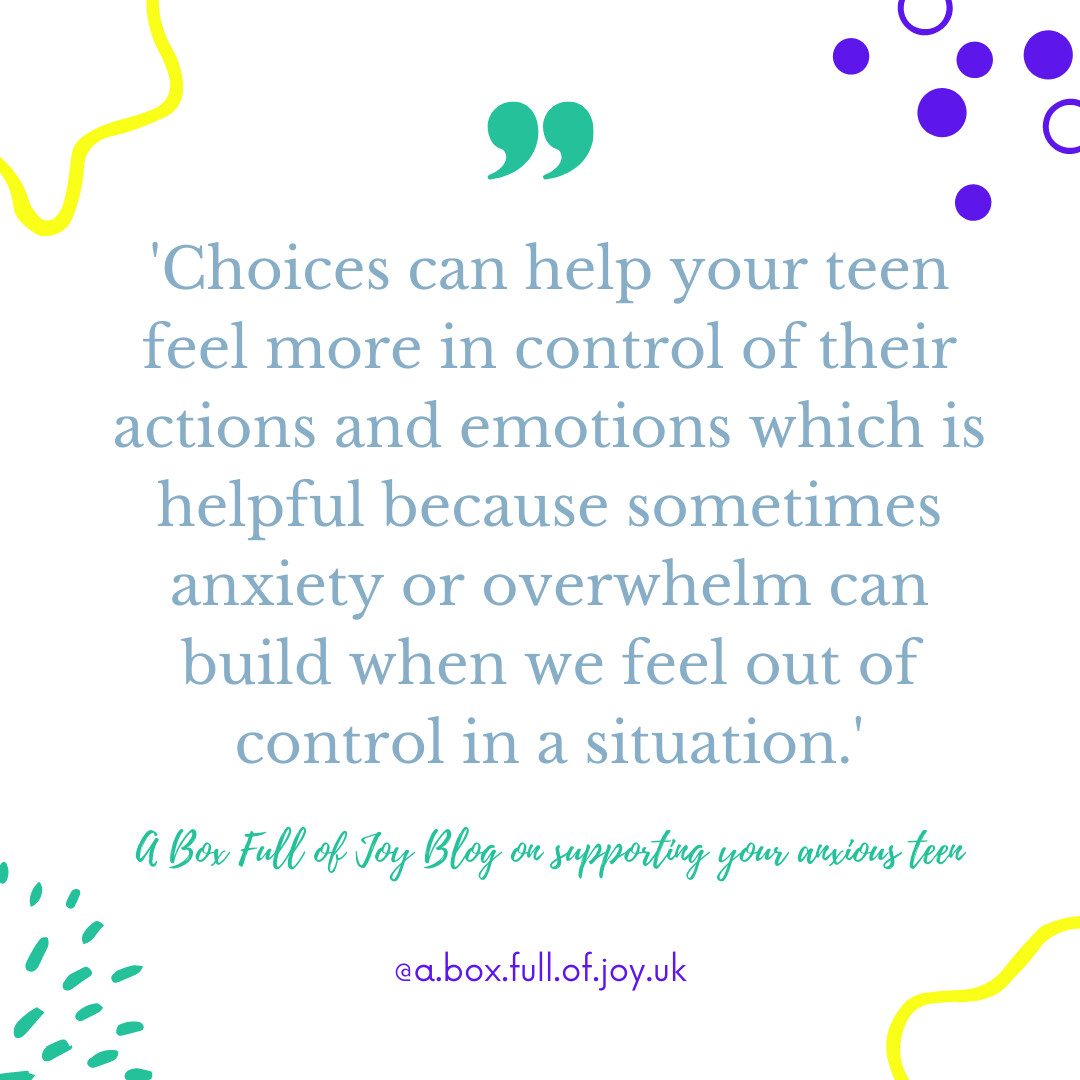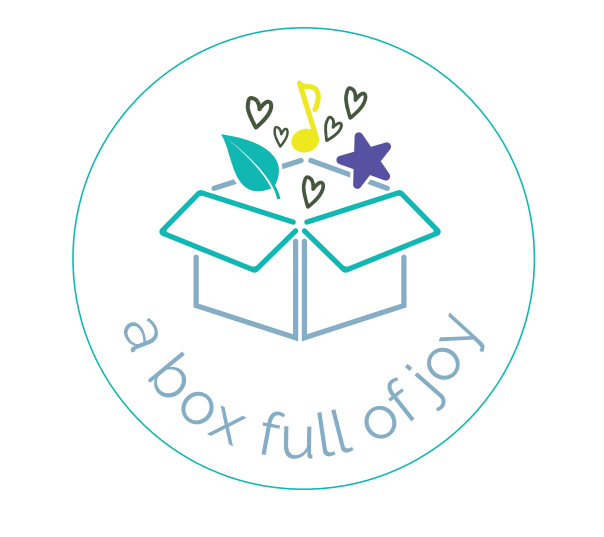
You are sitting there, in rows, on uncomfortable chairs, head down writing, thinking, confused, or enjoying the fact you read the right textbook that morning. The silence is only broken by the squeaking of desks that are not stable and industrious scribbling around the room. You look up at the clock as you try to work out how much time remaining to complete the millions of questions still left to answer. It is stifling, sweat is dripping from your brow, your hands are clammy, and aching from writing.
But you cannot stop, there are only five minutes left so you get back to it.
You feel your heart pounding in your chest, as your writing gets messier in the panic of getting everything down on the paper. Time is up - pens down, exam finished. You hope you’ve done enough knowing that you cannot change it now. You wait in silence to be dismissed. On the way home you feel sick as your friend smugly tells you how easy it was, and you realise what you may have missed.
Bringing back memories?!
Read more...
It's inevitable that change will come into our lives (think the Christmas holidays coming up, the nativities, the additional ‘fun’ lessons at school). For children, change can be especially difficult to cope with, even change that we may see as small can be the difference between them feeling safe and secure in their day to day lives to feeling scared and anxious. As a parent, it's important to be there for your child and help them through this tough time. In this blog post, we will discuss some tips that can help make the transition easier for both you and your child and I will share some things that have helped my autistic son especially.
One of the best things you can do as a parent is to be there for your child. Talk to them about the change that is coming and allow them to express their feelings. It's also important to reassure your child that you will still be there for them, no matter what changes come our way. We have found ‘The big feelings’ pad (which can be found at www.aboxfullofjoyuk.co.uk) really helpful for our son to express his feelings when he is struggling and also allowing him time and space to do his soothing activities (such as rolling his toy tyres, deep compression with his weighted blanket and colouring).
Another tip that can help is to create a routine. When change happens, it can often disrupt our daily routine. By having a set routine in place, it can help provide some stability for your child and it can help them feel safe and secure. This could include things like bedtime routines, mealtimes, and even regular times of leisure. We have a visual timetable for our children in the school holidays and times when the normal school routine is disrupted, for example when the end of term is coming.
Try to keep things as positive as possible and be prepared. Change can be scary, but it doesn't have to be all bad. Help your child focus on the good aspects of the change and look forward to the new experiences they will have. We find that preparing our son for change a week or so before is helpful so he can visually see the change coming on his timetable and cross off the days completed in the holidays.
Finally, don't forget to take care of yourself. Change can be difficult for everyone involved, so make sure to give yourself some time to adjust as well. You need to be able to co-regulate for your child and support them so taking some deep breaths, going for a walk or doing something you enjoy in the evenings mean you are in a better place emotionally to support your child through change.
I hope this blog post was helpful! If you have any other tips that have worked for you and your family, please share them in the comments below. With these tips in mind, you and your child can face change together in a supportive and understanding way.
Nicole is a mum of two, experienced teacher and creator of 'A Box Full of Joy' who is passionate about supporting, encouraging and empowering young people who struggle to communicate their feelings or process their worries. Nicole is passionate about providing early support with her proactive approach. Through her products, workshops and mentoring, young people will be set up for facing the future with resilience and confidence. You can follow her on www.instagram.com/a.box.full.of.joy.uk and visit her website at www.aboxfullofjoyuk.co.uk

When was the last time you sat down and wrote a letter? If it's been a while, you're missing out on some incredible benefits! Letter writing is a great way to improve your mental health, boost your creativity, and relieve stress. In this blog post, we will discuss the benefits of letter writing and provide some tips on how to get started. So, what are you waiting for? Start writing!
There are many benefits to letter writing, but three of the most important are that it can help improve your mental health, boost your creativity, and relieve stress. Let's discuss each of these in more detail.
Mental Health: Letter writing can be a great way to improve your mental health. It can help you express your thoughts and feelings and can also be a form of therapy. letter writing can help you to process your emotions and to better understand yourself. In the book collaboration that is launching on Tuesday 7th June called Letters to my Teenage Self the authors found that writing the letters and revisiting their past pain helped them on the healing process. Eva writes 'Being part of the collaboration has been an amazing journey of self-discovery and finally finding closure for the pain I have carried all these years.'
Creativity: letter writing can also be a great way to boost your creativity. When you write letters, you are often forced to come up with new ways to express your thoughts and feelings. This can help to spark new ideas and can lead to greater creativity overall.
Stress Relief: Lastly, letter writing can be a great way to relieve stress. When you write letters, you are able to take your mind off of your worries and focus on something else. This can help you to relax and de-stress. Getting your thoughts down on paper is helpful for all ages. I have created a number of emotions processing pads that help with this process that you can see here. Letter writing can also be a great way to destress before bedtime. If you have trouble sleeping, try writing a letter before going to bed. You may find that it helps you to fall asleep more easily. So if you're feeling stressed out, try sitting down and writing a letter!
Need help getting started? If you're not sure where to start, here are some tips:
- Set aside some time each day or week to write letters. This can be as little as 15 minutes.
- Find a comfortable place to write, where you won't be interrupted.
- Make sure you have all the supplies you need, including paper, envelopes, stamps, and pens.
- Write about whatever is on your mind. There are no rules!
- Keep your letters private if you want to, or share them with a friend or therapist.
Letter writing is a great way to improve your mental health, boost your creativity, and relieve stress. So what are you waiting for? Start writing!

As we come to the end of #childrensmentalhealthweek I wanted to share some practical strategies that you can use to support your teen if they are feeling anxious. This week has seen a specific focus on children’s mental health but the focus needs to be on this always! With statistics like ‘409,347 under-18s were referred for specialist care in England for issues such as suicidal thoughts and self harm between April and October 2021.’ and ‘1 in 3 under 18s struggle with anxiety’ we need to care, we need to raise awareness and we need to provide early support for the children of today.
There are many different ways that you can support your teen when they are dealing with anxiety and overwhelm. Some practical strategies include:
1.Encouraging your teen to express their feelings and concerns. This can be done through talking, writing, drawing or movement. We have a variety of emotion processing pads that aid the expression of feelings and they can be found here.
2.Helping your teen develop positive coping mechanisms, such as relaxation techniques, mindfulness, and deep breathing exercises.
3.Creating a safe and supportive environment for your teen to express themselves and their feelings. This could include setting aside time each day for conversation, being present and acknowledging that everyone makes mistakes but you love them unconditionally.
4.Promoting healthy lifestyle choices, such as exercise, adequate sleep, and a good diet. I know this can sometimes be hard in reality but we can model these healthy behaviours and boundaries and bit by bit our children will pick up on what we do too.
5.Encouraging your teen to communicate their needs by making requests and empowering them by offering choices whenever possible. Choices can help your teen feel more in control of their actions and emotions which is helpful because sometimes anxiety or overwhelm can build when we feel out of control in a situation.
Every teen is different, and what works for one teen may not work for another. Therefore, it is important to explore different strategies for helping your teen manage anxiety. I share different strategies and support in my free Facebook Community so please do join here.
A powerful way I have found to help teens to develop a more positive image of themselves and to increase their self-esteem is the habit of reframing thoughts. I have a workshop here that delves into that strategy further and you can access the recording here.
If you notice a rapid decline in mood and altered behaviours that means they could harm themselves then please do contact your GP to get further support.








